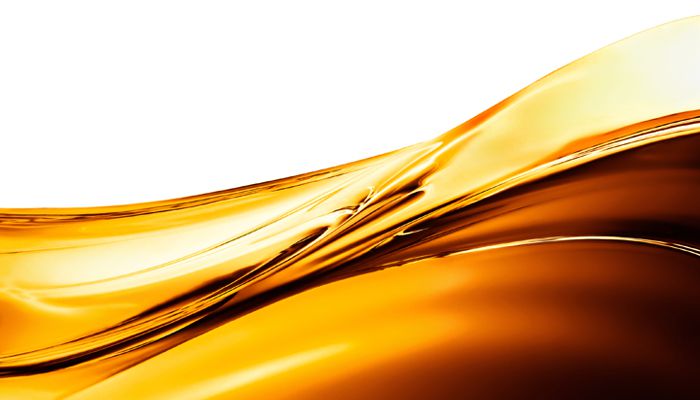Fuel Polishing
Is trouble brewing in your diesel tank? Today’s fuel injection systems and electronic unit injectors operate at very high pressures and tight tolerances. Water and contaminants present in your fuel can destroy these critical components in no time. If this is a problem for you, fuel polishing may be the solution.
This form is currently undergoing maintenance. Please try again later.

Fuel Polishing Basics
- Why Is Fuel Cleanliness Important: Poor fuel quality is a leading cause of engine performance problems. With today’s increasingly complex engine and injection systems, the tolerances are even tighter. Even small amounts of contaminants can cause loss of power, incomplete combustion, excessive emissions and injector failure; all of which lead to increased operating costs.
- A Primary Fuel Water Separator Does The Same Thing … Right: No. On-engine filters are excellent at stopping particulates and water from reaching critical engine components. However, they offer little capacity to deal with a heavy dose of contaminated fuel. Sludge build-up at the bottom of your tank is inevitable and, if unchecked, will reach the fuel pick-up of your engine. Once this occurs, the system filters will not be sufficient to handle this volume of contamination.
- How Much Does It Cost: The actual cost of the fuel polishing service is minimal when you consider the alternatives, such as:
- Fuel Removal and Disposal Cost – If you have to replace the fuel in your tanks, how much would that cost and who would you get to remove it? Who would pay for the HazMat fees?
- Interior Tank Cleaning – This involves sending one or more people into the tank to clean and scrub the walls.
- Fuel Replacement Cost – Multiply the capacity of your fuel tank times the current cost of diesel fuel. (Ex. 1,000 gal. tank x $4.00 / gal = $4,000)
- Downtime Cost – Which equipment do you depend on? Generators, marine engines, earthmoving equipment? How much would it cost you if they weren’t operating?
- Component Replacement/Repair – Injection systems are increasingly complicated and require specialized service when problems arise.
- What Is Fuel Polishing: Simply put, fuel polishing is the process of reversing oxidation, removing both free and entrained water, contaminants and sludge from your fuel that will build-up in the tank over time. Fuel Polishing will also keep your fuel in optimal condition at all times.
- How Does It Work: A trained service technician will come to your facility, dock or jobsite with one of our mobile fuel polishing systems. These fully contained units operate similar to a kidney loop by cycling fuel through a series of filters and fuel conditioners that clean, dry and restore your fuel to “clear & bright” condition. And there’s no need to enter your tank.
- How Do I Know If My Fuel Is Contaminated: If your operation is located within our service territory of Virginia and southern West Virginia, one of our trained representatives will be happy to make an appointment with you to perform an fuel assessment. We’ll take a sample of your fuel and place it in a clear container so you can instantly see what lurks in you tank. Contact your local Service Department. For those outside our territory, our Fluid Analysis Department offers fuel testing kits so you can take a sample and return it to us for a detailed analysis.
- Scheduling Service: Fuel polishing can be scheduled through the service department at any of our Power Systems Division locations. They can provide you with pricing and answer any of your questions.